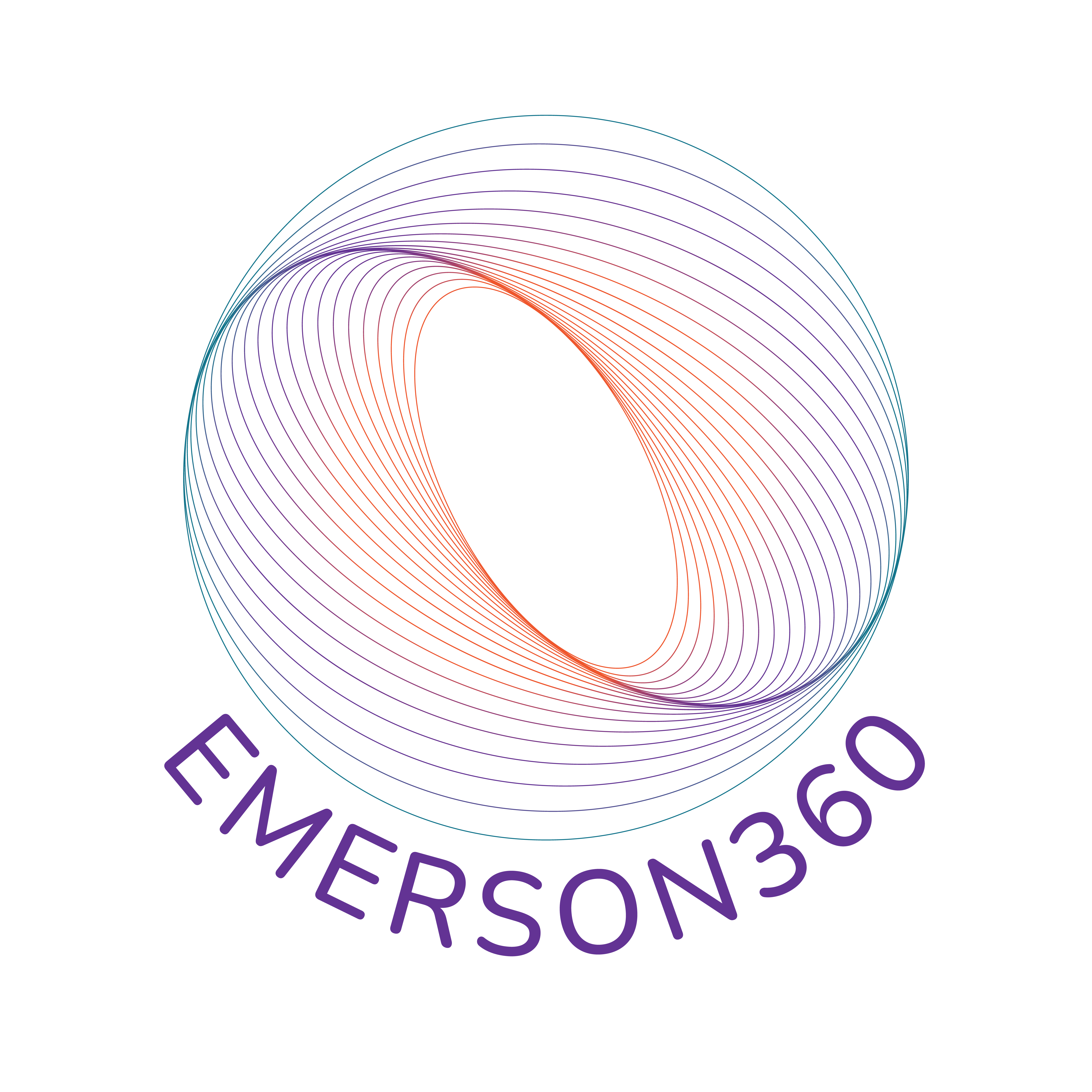Emerson recognizes that data from the Emerson360 Community Student Survey may contain information of a sensitive nature. The Healing & Advocacy Collective is available as a confidential resource. Please contact them at 617-824-8857 or by email to advocate [at] emerson.edu (advocate[at]emerson[dot]edu). Please also see additional information about Emerson's Policy Against Discrimination, Harassment, and Sexual Violence.

Through these stages of engagement, our goal is to foster a dialogue that is both reflective and forward-thinking. We are committed to using the Emerson360 results to create concrete actions that enhance our community's experience and advance our shared equity, access, and social justice goals. We look forward to your active participation in this important process. Please email%20sjc [at] emerson.edu ( sjc[at]emerson[dot]edu) if you have any questions or would like additional information.
How to Read the Student Survey Reports
The Emerson360 Community Student Survey reports were generated from data collected from students at Emerson during the survey period of November 1 to November 22, 2023. All survey responses were submitted directly to the survey provider, ModernThink. ModernThink provided these reports to Emerson based on the data they received.
Based on ModernThink’s survey benchmarks, the percent positive results can be interpreted to mean the following:
| Percent positive score | |
|---|---|
| 65%–75%+ | Good |
| 55%–64% | Fair |
| <54% | Poor |
Response Rate
The response rate for the student survey was as follows:
- Student Surveys Distributed: 5,731
- Student Surveys Responses: 1,278
- Response Rate: 22%
Incidence/Prevalence of Power-Based Interpersonal Violence
This section of the Emerson360 Community Student Survey provided students an opportunity to respond to questions regarding whether they have experienced power-based interpersonal violence, sexual misconduct, harassment, discrimination, or sexual violence. The survey asked about generally who was involved in these incidents, when and where incidents occurred (on- or off-campus), impacts, and what types of support students sought. The survey also asked about students’ awareness and use of the College resources, policies, and procedures.
Definitions Used in the Survey
- Emerson: refers to Emerson College in its entirety.
- Faculty: refers to those who teach courses (e.g. professors, course instructors).
- Staff: refers to non-faculty staff (e.g. Campus Life, Admissions, Student Success, Facilities), except senior leadership.
- Senior Leadership: refers to Vice Presidents, Deans, and President.
- Outside of Emerson: involves people who are not part of the Emerson College community.
- Within Emerson: involves people who are part of the Emerson College community.
- Identities: based on gender, gender identity, identity, gender expression, sexual orientation, racial identity, ethnicity or national origin, genetics, citizenship status, disability, pregnancy, religious identity, age, active military or veteran status.
Power-based interpersonal violence includes sexual assault and harassment, stalking and threats, abusive relationships and bullying, and identity-based harm. Behaviors could include:
- Unwelcome or unwanted sexual contact;
- Unwelcome or unwanted verbal comments or visual displays that are about another person's protected identity (gender, gender identity, gender expression, sexual orientation, racial identity, ethnicity or national origin, genetics, citizenship status, disability, pregnancy, religious identity, age, active military or veteran status);
- Verbal, physical, or emotional behavior used by one person in a relationship that isolates, threatens, or harms another person in the relationship;
- Repeated behavior to track, monitor, or follow another person in a way that is threatening or harmful to them;
- Taking non-consensual sexual advantage of another person, such as non-consensual photographing/recording sexual activity/nudity and sharing photographs/recording of sexual activity/nudity, voyeurism, indecent exposure, prostituting or trafficking another person, and additional forms of sexual exploitation;
- Behaviors listed in state law as “sexual misconduct”- an incident of sexual violence, dating violence, domestic violence, gender-based violence, violence based on sexual orientation or gender identity or expression, sexual assault, sexual harassment or stalking; and/or,
- Behaviors listed in Emerson’s Policy Against Discrimination, Harassment, and Sexual Violence.
This report shows the student survey respondents’ awareness of institutional policies and procedures, perceptions of campus safety among members of the campus community, relevant education and training, and confidence in the institution’s ability to protect against and respond to incidents.
Profile of Survey Respondents
This report shows the numbers and percentages of respondents according to the demographic categories from the survey.
Demographics
Students were asked to respond to voluntary demographic questions and certain demographic questions were pre-loaded. The survey data are based on those demographics categories as follows:
General Demographics
- Gender Identity
- Sexual Orientation
- Race
- Pre-loaded Age
- Disability
- Pre-loaded International Student
- Pre-loaded First Generation
- Fraternity or Sorority
- Pre-loaded Student Athlete
- Pre-loaded Academic Class Year in College
- Pre-loaded School
- Current Residence